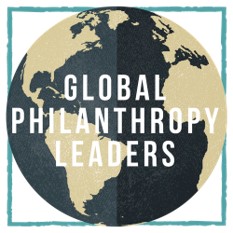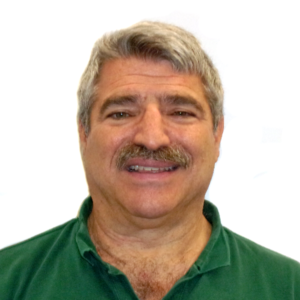 We just launched the Global Philanthropy Leaders Curriculum, developed in partnership with the Global Philanthropy Leaders’ founders at St. Stephen’s Episcopal Church in Ridgefield, Connecticut.
We just launched the Global Philanthropy Leaders Curriculum, developed in partnership with the Global Philanthropy Leaders’ founders at St. Stephen’s Episcopal Church in Ridgefield, Connecticut.
If you are looking for a way to engage youth at your church with healthy and respectful ways to combat global poverty and oppression while also guiding them in responsible ways to use money, you should look into Global Philanthropy Leaders (GPL).
GPL teaches teens about global poverty and introduces them to a website that facilitates microloans to struggling entrepreneurs across the world. Using church funds, teens decide where and how to loan the money for which the church has made them responsible. They learn to evaluate borrowers based (1) on what the borrowers want do with their business and (2) on the likelihood that the money will be paid back. When the money is repaid, participants re-loan it to other borrowers. Adults advise the participants, but the teens make the final call on how and to whom they will loan money. At the end of the year, participants present the work they have done to the parish, showing what they have learned and how they have used the church’s money to do the God’s work in the world.
Please note that you do not need to be an expert in any kind of finance to lead a GPL ministry at your church. The curriculum is designed so anyone can lead, and Rich Stein, the curriculum instructor, who co-founded the GPL program at St. Stephen’s and has made many microloans over the years, is happy to answer any questions that come up.
GPL began in 2017 at St. Stephen’s. It took off, and when other congregations heard about GPL, they began asking for help building GPL programs at their own churches. Soon, GPL had spread to a dozen parishes, and the St. Stephen’s staff found themselves looking for a way to train people more broadly to use the program. This online curriculum is their solution. (Please note that the curriculum presented here is an in-depth guide to running GPL sessions at your church. For an introduction to the program, check out Raising Young Philanthropists, a ChurchNext short course that gives an overview of the program and its benefits.)
This curriculum guides both leaders and participants through the GPL program. It offers everything you will need to start a GPL program at your church. The curriculum is organized into six sessions. These include scripture readings, prayer, video presentations, discussion opportunities, and activities.
Session One introduces participants to GPL and shows them how to use Kiva international’s web portal at kiva.org to make microloans. It also shows participants how to evaluate borrowers’ potential to repay money.
Session Two familiarizes participants with the seventeen U.N. Sustainable Development goals adopted in 2015. It shows how their work in GPL can make a difference in efforts to eliminate poverty, offering people across the globe the means to improve their quality of life.
Session Three offers a brief history of microloans. It focuses particularly on Muhammad Yunus, who, along with the Grameen Bank in Bangladesh, which he founded, won the 2006 Nobel Prize in Economics for their work with microloans.
Session Four teaches participants basic skills for maintaining healthy personal finances. It asks students to consider ways in which the Christian faith influences our approach to our finances.
Session Five introduces participants to the most serious issues related to hunger and malnutrition across the globe and discusses the wisest ways to combat starvation and malnutrition..
Session Six teaches students about making presentations and how to make their end-of-year presentation to their congregation.
The GPL curriculum is ideal for people looking for new ways to engage youth at their parish in doing Christ’s work in the world. For a preview, please click below.


